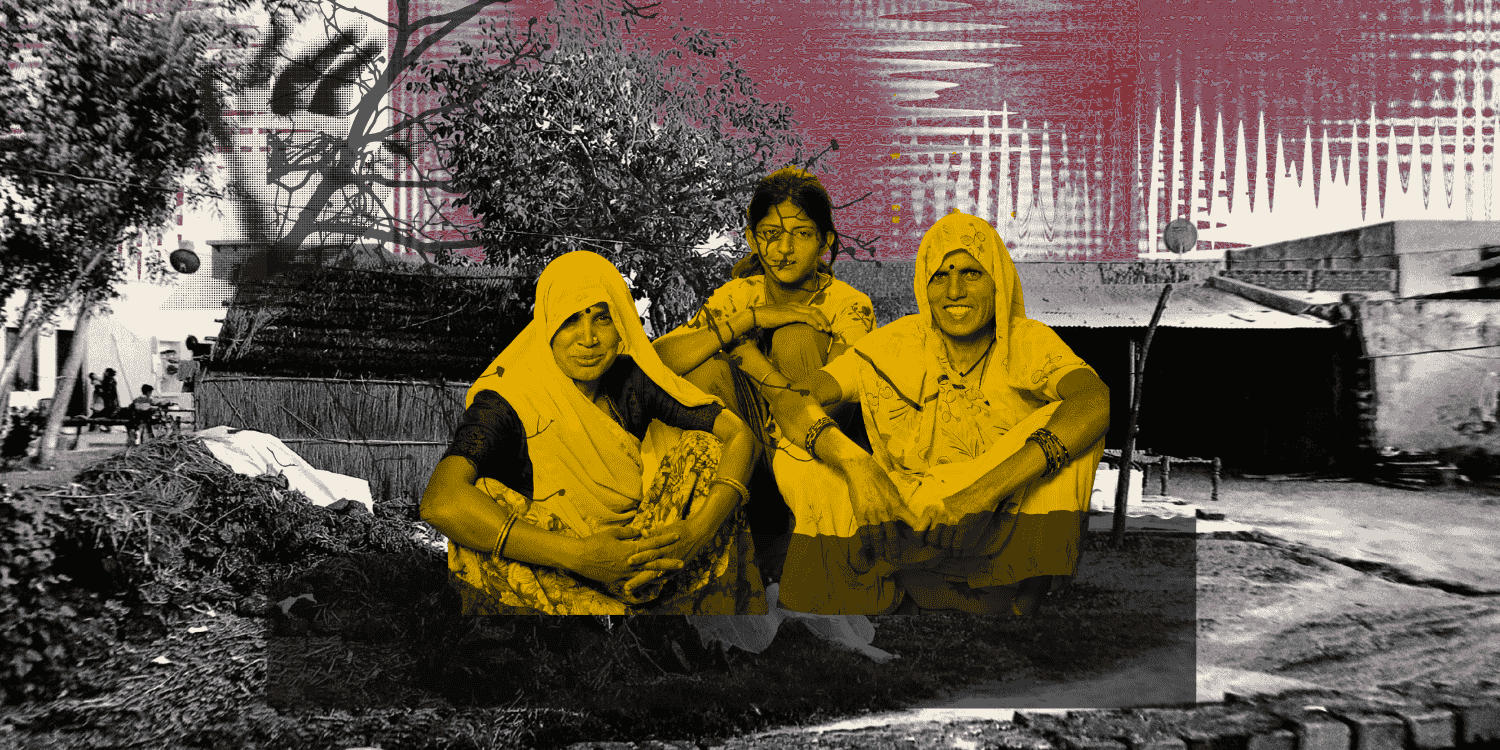ABSTRACT
Historically, the trans community has faced stigma, discrimination, violence, and social exclusion. This has also manifested in the form of health inequities leading to poor health outcomes, a high burden of mental health problems, and unmet healthcare needs. Within the umbrella term of ‘trans’, there exists a knowledge gap for trans men, those who are assigned female at birth but identify as male or with a transmasculine identity. As data on trans men in health research is universally absent, it becomes crucial to highlight the problems that trans men face in healthcare settings, either due to the lack of knowledge of healthcare providers, systematic discrimination, or fear of mistreatment in healthcare settings. This under-representation of trans men in health research has scientific and human rights implications. This paper aims to highlight the research gap on trans men and the barriers they face in accessing quality healthcare in India through qualitative research analysis.
INTRODUCTION
The Human Rights Campaign (n.d.) defines the word “transgender” – or trans – as an umbrella term for people whose gender identity differs from the sex assigned to them at birth. Although the word “transgender” and our modern definition only came into use in the late 20th century, people who would fit under this definition have existed in every culture throughout recorded history. Over the years, despite gaining legal recognition, access to quality healthcare amongst transgender populations in India has been alarmingly scarce. Due to this, transgender persons face numerous healthcare disparities and adverse health outcomes, including HIV and other sexually transmitted diseases, mental health distress, substance abuse, and unmet healthcare needs (Reisner et al., 2016). A 2015 study stated that an estimated 20% of the transgender population in India has unmet transgender-specific healthcare needs (Shaikh et al., 2016). In this context, this paper aims to highlight the research gap on trans men and highlight the barriers they face in accessing quality healthcare in India through qualitative research analysis.






